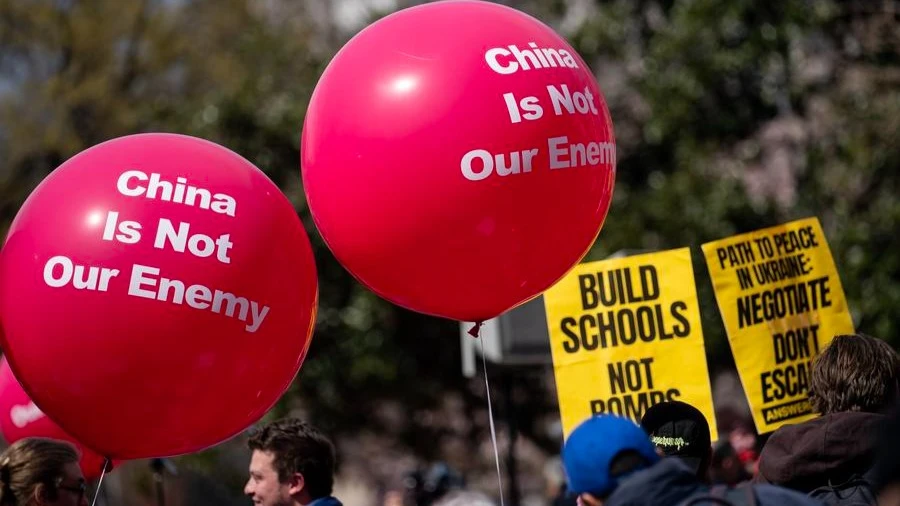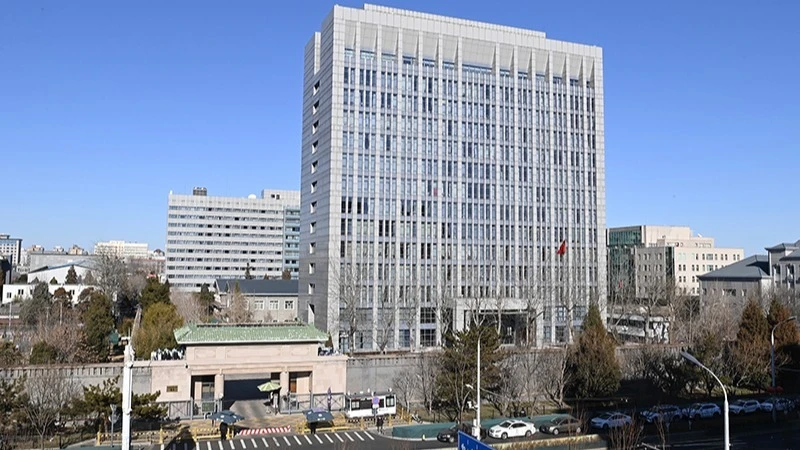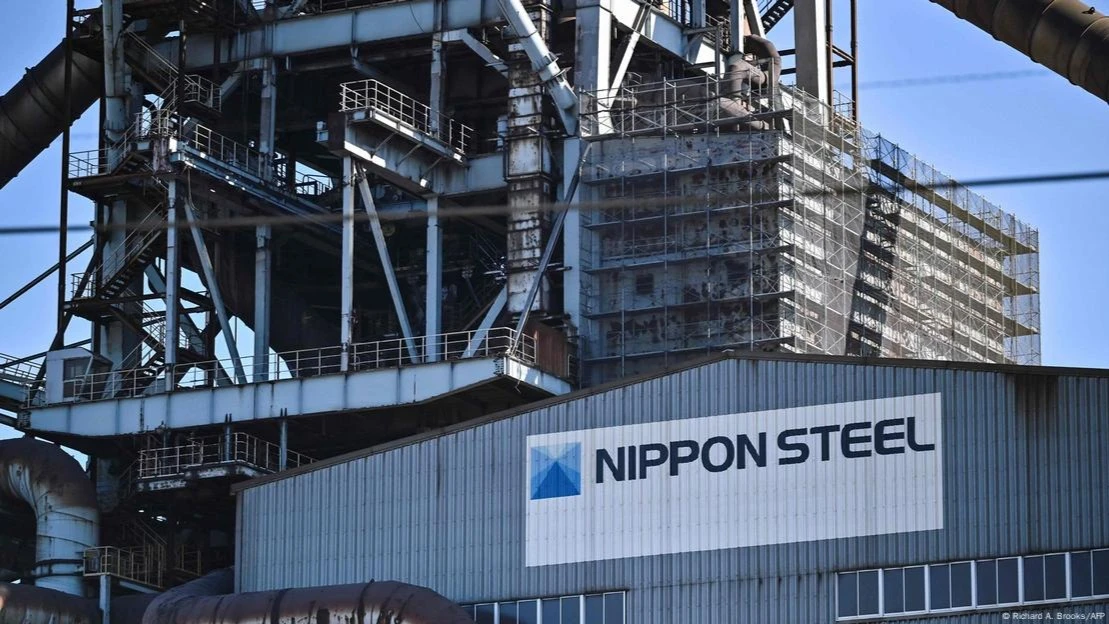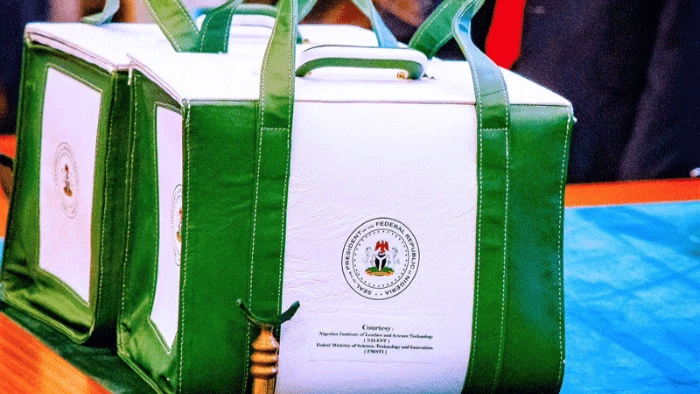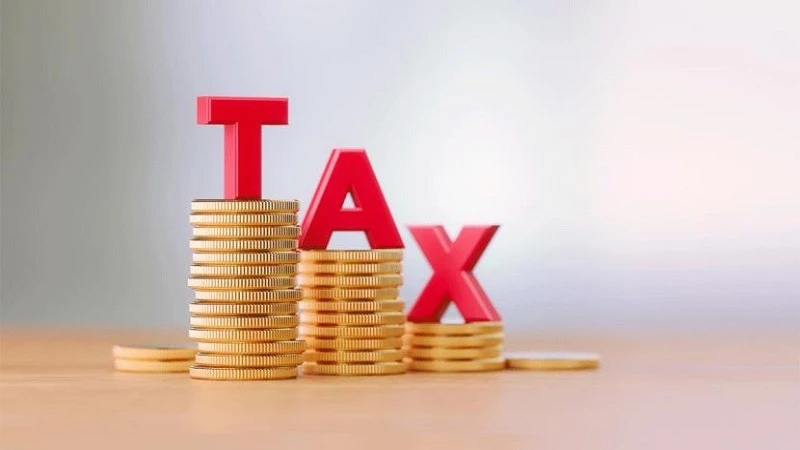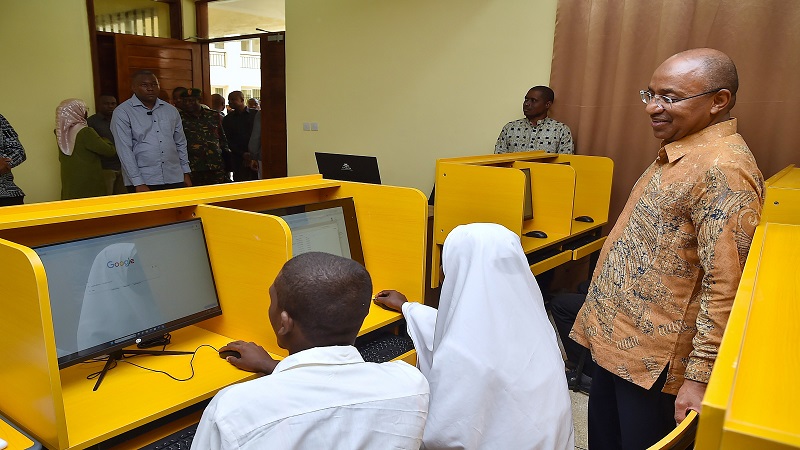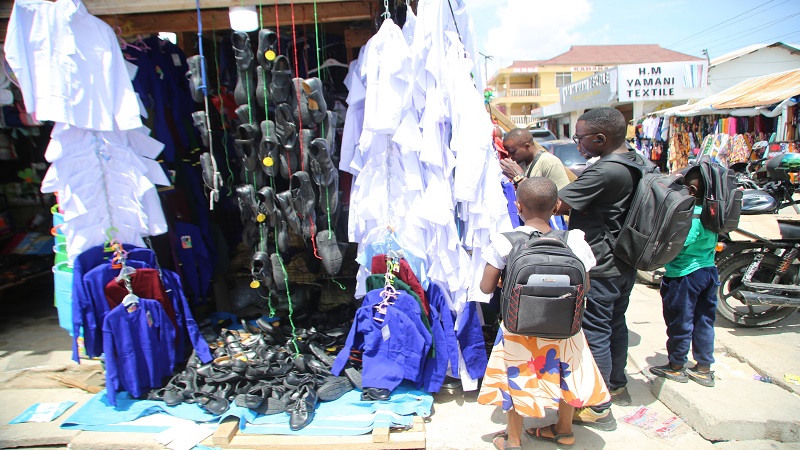African countries pursue resilient infrastructure amid climate crisis
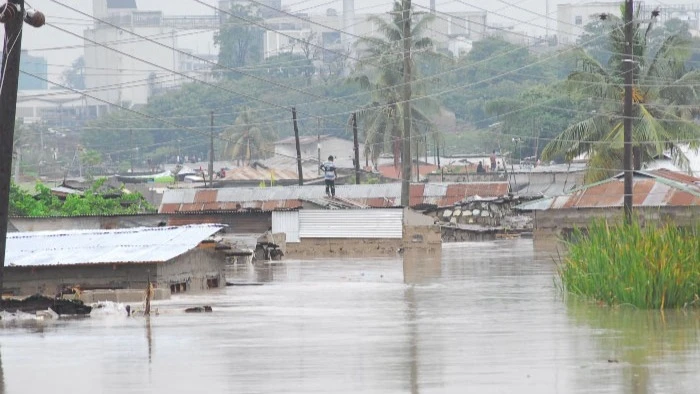
TWENTY African countries have recently expressed interest in joining Coalition for Disaster Resilient Infrastructure (CDRI), a global initiative focused on strengthening infrastructure to withstand climate-induced disasters.
This marks a significant turning point in Africa's efforts to protect its infrastructure and foster economic growth amidst the growing threats of climate change.
Across the continent, the evidence of climate vulnerability is stark. From train derailments caused by excessive heat warping railway tracks to catastrophic floods that disrupt schools, businesses, and homes, Africa's infrastructure is increasingly under pressure from extreme weather events.
In Namibia, for example, flooding at Wernhil Mall caused widespread disruptions, while in the north; children are often forced to study under trees and tents during the rainy season. The incidents highlight the critical need for resilient infrastructure in Africa, where the effects of climate change exacerbate existing vulnerabilities.
Founded in 2019 by Indian Prime Minister Narendra Modi at the UN Climate Action Summit, the CDRI aims to build resilient infrastructure systems that can withstand and adapt to natural disasters. The coalition currently includes 40 member countries and seven key partner organisations, including the United Nations Development Programme (UNDP) and the World Bank.
According to Alpana Saha, the CDRI’s director of partnership and governance, the initiative provides technical expertise, training, and funding to help nations develop sustainable infrastructure.
Saha who addressed a group of East and Southern African journalists during a familiarisation visit to India, said CDRI provides technical expertise, training and funding to help nations develop sustainable infrastructure.
Saha explained that the coalition helps member countries address vulnerabilities in their infrastructure systems and prepare for future climate risks.
The process for joining involves a country endorsing the coalition’s charter and appointing a focal ministry to coordinate efforts. Africa currently spends an estimated $8.7 billion annually on infrastructure risk management, primarily in response to flooding.
By joining the CDRI, African nations can reduce these costs through targeted interventions, including technical assistance, expert guidance on designing climate-resilient infrastructure, and funding for upgrades.
“We provide training programmes for local officials in disaster risk financing, urban planning, and resilience strategies,” Saha said.
The efforts have already had a positive impact. For instance, in Ghana, CDRI has launched initiatives to manage urban flooding, while in Mauritius, resilience planning for tourism infrastructure has been a key focus.
Additionally, 148 officials from 29 African countries have undergone specialized training through Indian Technical and Economic Cooperation (ITEC) programme, which covers critical sectors such as power, transport, and telecommunications.
CDRI's history underscores its commitment to addressing the growing costs of climate-related disasters. By 2018, global disasters were causing annual losses exceeding $165 billion, a figure that is expected to rise without targeted interventions.
The coalition’s mission is to mitigate these risks by promoting infrastructure systems that can recover quickly and function effectively even during disasters.
Through international collaboration, CDRI facilitates the sharing of best practices, innovative technologies, and policy frameworks tailored to the unique needs of its members.
The coalition’s goals align with the United Nations Sustainable Development Goals (SDGs), particularly Goal 9 (Industry, Innovation, and Infrastructure) and Goal 13 (Climate Action).
For African nations, engaging with CDRI offers numerous benefits, extending far beyond disaster preparedness. Saha emphasized that proactive measures could significantly reduce the financial burden of disaster recovery, contributing to long-term economic stability.
Additionally, resilient infrastructure ensures uninterrupted access to essential services such as education, healthcare, and transportation.
Saha also highlighted the importance of sustainable development, noting that resilient systems can support rapid urbanization while minimizing environmental impacts. Furthermore, partnerships that foster knowledge-sharing and collective problem-solving are critical benefits for African nations.
The interest of 20 African nations in CDRI reflects a growing recognition of the urgent need for action. As climate change accelerates, the importance of resilient infrastructure becomes even more apparent. The coalition’s expansion across Africa promises to not only strengthen the continent's infrastructure but also its resolve to confront the challenges of a changing climate.
Top Headlines
© 2025 IPPMEDIA.COM. ALL RIGHTS RESERVED








